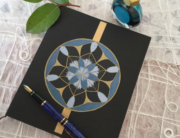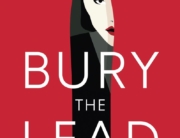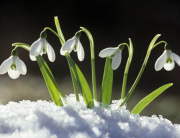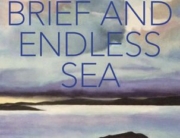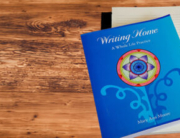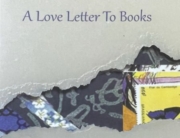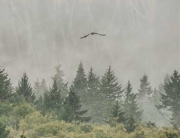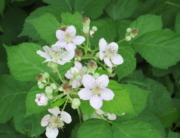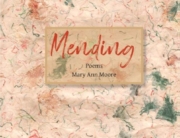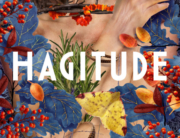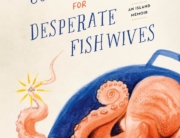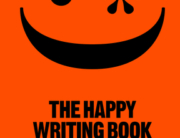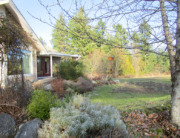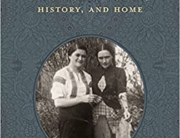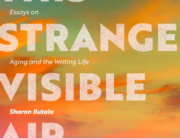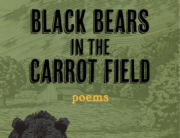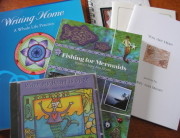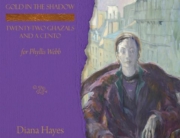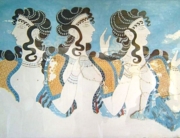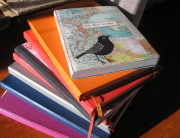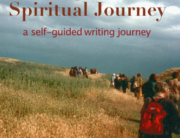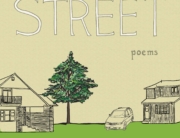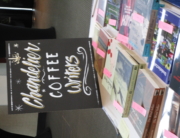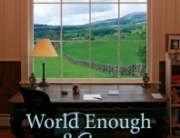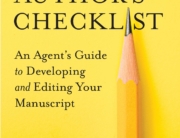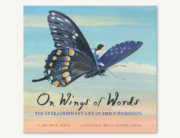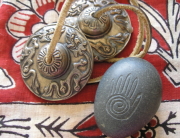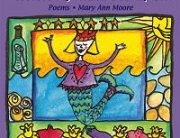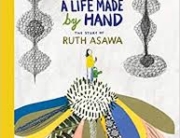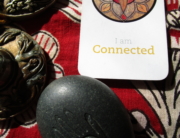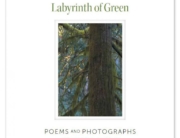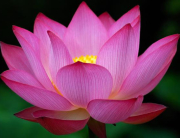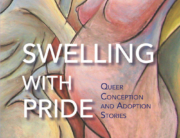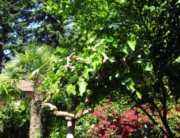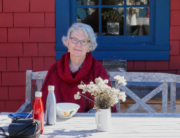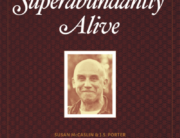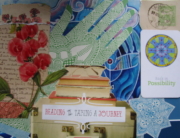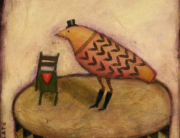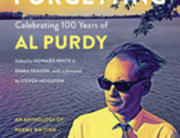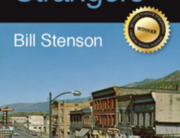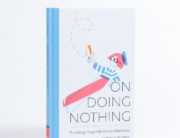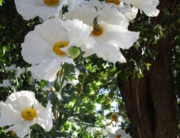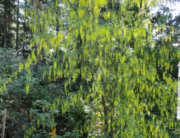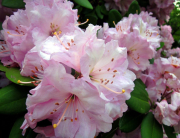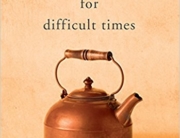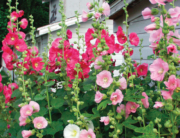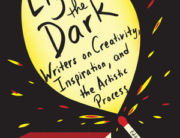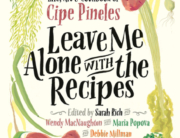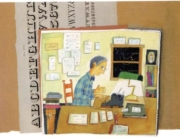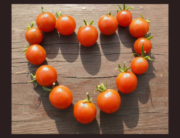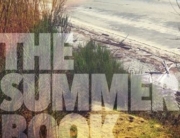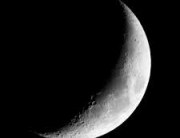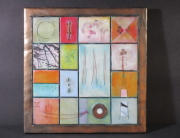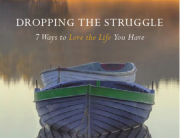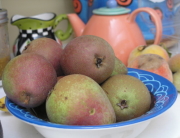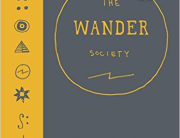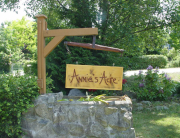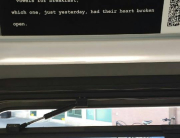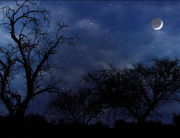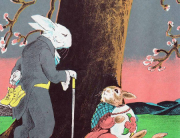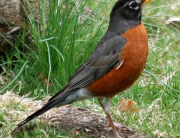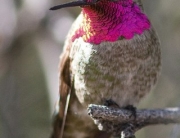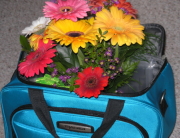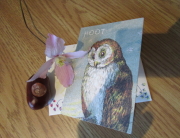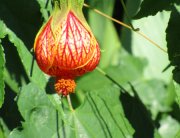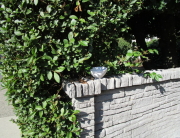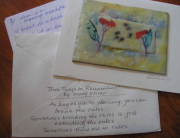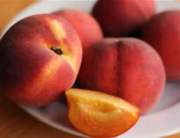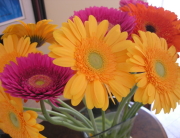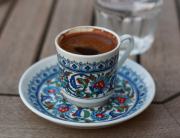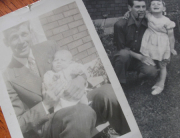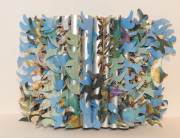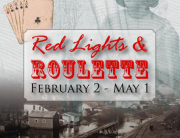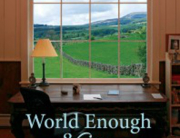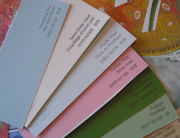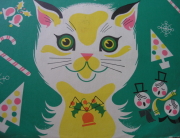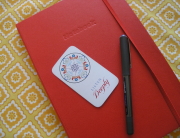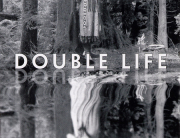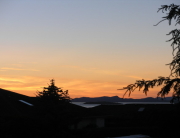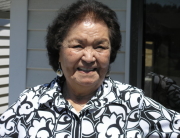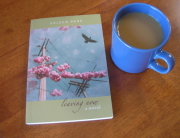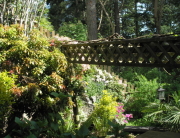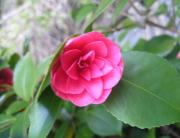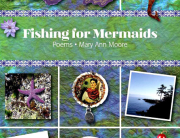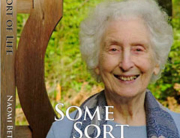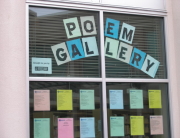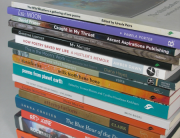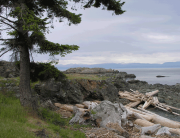The latest books of poetry published by Mother Tongue Publishing on Salt Spring Island are the broken boat by Daniela Elza and Disappearing Minglewood Blues by M.C. Warrior. Mother Tongue has published an abundance of poets through the years including some gorgeous anthologies such as Forcefield: 77 Women Poets of British Columbia (2013) edited by Susan Musgrave which I had the pleasure of reviewing for the Vancouver Sun. Have a look at Mother Tongue’s offerings including works of non-fiction such as the Unheralded Artists of BC Series as well as their books of fiction. All of the books can be requested from your local independent bookstore or directly from Mother Tongue Publishing.
the broken boat by Daniela Elza
 Daniela Elza was to have been in Nanaimo in April to launch the broken boat (Mother Tongue Publishing, 2020), her fourth book of poetry. (How can you launch a broken boat you may ask?!) I was looking forward to hosting at the Harbourfront branch of the Vancouver Island Regional Library, seeing Daniela and giving her a warm Nanaimo welcome. As Daniela’s readings were cancelled due to the Covid-19 pandemic, she’s been doing interviews online as well as readings via Zoom. I was glad to attend her Planet Earth Poetry (PEP) reading on a recent Friday evening and to get the feel of hanging out with other poets as would usually happen on a Friday night in Victoria.
Daniela Elza was to have been in Nanaimo in April to launch the broken boat (Mother Tongue Publishing, 2020), her fourth book of poetry. (How can you launch a broken boat you may ask?!) I was looking forward to hosting at the Harbourfront branch of the Vancouver Island Regional Library, seeing Daniela and giving her a warm Nanaimo welcome. As Daniela’s readings were cancelled due to the Covid-19 pandemic, she’s been doing interviews online as well as readings via Zoom. I was glad to attend her Planet Earth Poetry (PEP) reading on a recent Friday evening and to get the feel of hanging out with other poets as would usually happen on a Friday night in Victoria.
Daniela’s reading was beautiful as she read, moving her hands (as someone noted) through a selection of poems from the broken boat. She mentions hands in her poems too such as in “suddenly leaves”:
her hands warm
with a longing . . . .
Miranda Pearson describes the collection in her cover endorsement: “This brave new collection by Daniela Elza is both lament and praise for the ending of a marriage.” How wonderful to honour a relationship in this way. I think of Jack Gilbert’s poem, “Failing and Flying” about the end of a marriage, in which he writes:
Everyone forgets that Icarus also flew.
It’s the same when love comes to an end . . .
Daniela said in an interview with 49th Shelf Launchpad that “I reach into the honeypot of different poetics and invite them to hold hands inside my poems. I lean into the poet-philosophers and phenomenologists. Names that come to mind right away are Rainer Maria Rilke, Wislawa Szymborska, Anne Michaels, Rumi, Jorge Luis Borges, Aislinn Hunter, Jan Zwicky, Dionne Brand, as well as philosophers like David Abram and Gaston Bachelard.”
She couldn’t begin to write the poems until she asked the right question, Daniela said at her PEP reading. She asked her heart and “went visceral” rather than depending on her mind to guide her. In an interview with All Lit Up, she said of the grief of the end of a twenty-year marriage:”I turned to my heart and asked: What have you got to say in all this? What have I got to learn?”
I noted a couple of changes as she read her poems as I was following in her book and Daniela said she does change words even if the poems are in a book. I love when she said: “I learned to hear the music I wanted to hear.” She stayed with the body rather than the mind. She wanted to learn something about herself.
Daniela is a linguist and she compares words with their baggage to what you want to say. She has two master’s degrees: one in English Philology and the other in Linguistics. She also has a doctorate in Philosophy of Education from Simon Fraser University.
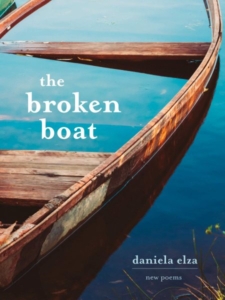 the broken boat begins with a poem entitled “autobiography of grief” which refers to
the broken boat begins with a poem entitled “autobiography of grief” which refers to
the broken boat in which
we sleep – our backs to each other.
The space where land meets water is where Daniela feels most at home she said. There are many metaphorical references to the sea, and the in-between of ocean and shore in the poems as in “husband” which begins:
you answer my questions the way
the sea answers: I ask
nothing happens then a seashell
washes out a crab . . .
The sea’s worn artifacts as well as the living ones are like the remnants of a marriage. There are other beautiful metaphors from the natural world including “the bursting of a leaf from the Japanese maple / I thought dead” (“the difficulty of such beginnings”), “the shift- shaping clouds / crows at dusk” (“tossing & turning II”), and “Grief returns like a fifth season / in our lives. Slips quietly through the door . . . “ (“self-portraits”).
Daniela’s author description in her book says her work “often dwells in liminal, and in-between spaces, and the inherent possibilities for transformation within the small acts of translation between world and word”.
You’ll notice, when you see the book, the words have spaces between them (which I’ve attempted to illustrate above). In the case of the life story she is sharing, the spaces are an apt metaphor. In my review of Forcefield mentioned above, I said of Daniela’s (earlier) poems that the “words are also like stones across a stream. In the white space, will you pause or take a leap? Or how about picking up each stone and turning it over carefully so as to see what’s underneath?” Daniela does that examining with the words of her new book even though words can be slippery at times.
In, “afloat,” one of the later sections of the book, is a poem entitled “in the surf” in which the poet refers to “the relentless surf” and the various ways “we break on these shores” including “into song” and “into tears.” The word breaks and the line breaks help to describe
How we are pebbles rolled smooth
against each other in the stark lament of
the body’s oceans.
If I have a favourite in the book, this one may be it. The ocean tumbles the rocks smooth, sometimes there is even a heart shape.
How it too was broken before
It was rolled smooth
And how on its tiny petrified body
I lay my wonder.
Two women I know each planted a bulb in the ground when they ended their intimate relationship. Each bulb to grow separately in its own good time. Each woman to go (and grow) in her own direction.
One of my friends was married to a minister and she and her husband, when they divorced, had a ceremony in a church to mark the ending as they had to mark the beginning of their relationship.
And there are the poets specifically this one, Daniela Elza, who has found a way to honour an ending, to be with the grief, to listen to her heart and to share with us, her learning. These are poems I’ll want to keep reading for the many treasures found there.
If you’d like to see and listen to Daniela’s PEP reading, Planet Earth Poetry has a You Tube channel where you can find it. The link is here.
Disappearing Minglewood Blues by M.C. Warrior
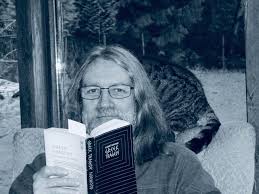 M.C. Warrior writes of his work life and the occupations of many in the province of British Columbia. The title of Mark’s book, Disappearing Minglewood Blues (Mother Tongue Publishing, 2020), comes from a Grateful Dead song released in 1967 which is when Mark first heard it as “New Minglewood Blues.” It was first recorded in Memphis, Tennessee in 1930. Minglewood, or more properly “Menglewood,” refers to a company town near Memphis and which Mark believes was “a good time town close to either a sawmill or a box factory where Noah Lewis [the songwriter] was working at the time.”
M.C. Warrior writes of his work life and the occupations of many in the province of British Columbia. The title of Mark’s book, Disappearing Minglewood Blues (Mother Tongue Publishing, 2020), comes from a Grateful Dead song released in 1967 which is when Mark first heard it as “New Minglewood Blues.” It was first recorded in Memphis, Tennessee in 1930. Minglewood, or more properly “Menglewood,” refers to a company town near Memphis and which Mark believes was “a good time town close to either a sawmill or a box factory where Noah Lewis [the songwriter] was working at the time.”
Mark gives his own version of the song in Disappearing Minglewood Blues, to reflect a view of the past, present and future. He spent twenty-five years as a commercial fisherman and ten years as a logger as well as being a classics scholar, a trade union activist and historian and a “literary craftsman” as Tom Wayman describes him.
Mark was a founding member of VIWU (Vancouver Industrial Writers’ Union) with Tom Wayman, Kate Braid, Kirsten Emmott, Alan Grierson, Phil Hall, Sandy Shreve and others. Kate Braid is the author of Journeywoman: Swinging a Hammer in a Man’s World (Caitlin Press, 2012), one example of a memoir written poetically about one’s work in the world. Kate was one of the first qualified women carpenters in B.C.
Mark said in an interview with 49th Parallel Launchpad that his work is in conversation with “The Lesbian poets—Alcaeus & Sappho, Publius Ovidius Naso, Chuang Tzu, Dogen, Federico Garcia Lorca, Arundhati Roy, Jerry Garcia.”
In Mark’s title poem, “Disappearing Minglewood Blues,” which is the last poem in the book, he shares somewhat of a retrospective of his life he said during his reading at a Friday night Planet Earth Poetry Zoom reading.
The book begins with “Lock Bay Elegy” which Mark said is an elegy for a vanished way of life and to the workers who were once the backbone of this province (of British Columbia).
A sea lion barks nearby, so close
I can almost taste its stench
and once more I am twenty-one, drunk
with the smells, the sounds, the sights,
and the stories of a world
utterly new to me.
He gives some meanings of words used in the poem at the end of it such as “boomstick = a log used to keep logs inside a boom, a raft used to transport logs to the mill.” “High lead whistles = the whistles used in high lead logging to send signals (stop, go ahead, etc.) to the yarder.”
“Buck = to cut a felled tree into logs.”
Mark read “on night watch” which is from a section entitled “At Sea.” He said: “Imagine you’re in the wheelhouse of a 73-foot sail boat at night, travelling to the blue line just past Port Renfrew.” He may have said “seine boat” rather than “sail boat” as salmon seine and herring gillnet are the fish he caught as a commercial fisherman.
white foam
on a black swell
a new moon
and Jordan River astern
nothing but ghosts
on the radar
“on position-Kyuquot” describes a situation where the poet speaker is anchored in the middle of nowhere as Mark said at his reading.
dreams of pine and granite
fin silverbright
in the Kyuquot rain,
splash lazily
across a closed inlet.
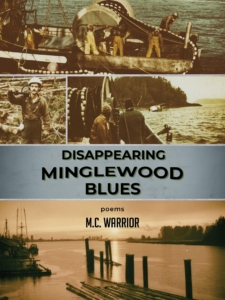 In a section of the book entitled “Revolutions Are Festivals of the Repressed,” is a a poem about “cleaning up history.” Although written a long time ago Mark said, it could have been written for hospital workers during the Covid-19 pandemic.
In a section of the book entitled “Revolutions Are Festivals of the Repressed,” is a a poem about “cleaning up history.” Although written a long time ago Mark said, it could have been written for hospital workers during the Covid-19 pandemic.
I am raising a subscription
to erect a statue
to the unknown janitor –
to the slave wiping blood
from the republic’s marbled walls
while Marcus Antonius praises
his good friend Caesar.
The poem ends with:
not even the most sycophantic of scholars
will be able to ignore
its concrete proof
that history itself requires
a regular spring cleaning.
“the world turned upside down” is another poem that could have been written for our current state and need for social change.
It is a hard poem
I am asking of you —
harder to confront
than a foreman screaming,
than a bank manager
foreclosing.
I ask that you write
about the eight hours
that are the fulcrum
and the curse of your life.
A poem about social change, in part inspired by German Communist poet Bertolt Brecht is “Discourse on the Nature of Dragons” for O. Mandelstam and B. Durretti.
Hyacinth and crocus are sprouting
from the beautiful dragon’s eyes.
pine and cedar are growing
from the dragon’s nostrils.
her tongue laughs
with a million voices.
A diagram in the back of the book shows “high lead logging” and the various terms used including “booming ground,” the destination for the logs hauled by trucks. The logs are then collected into rafts or “booms” for transport to a mill. I first heard the term “booming ground” before I moved to B.C. as there was a Booming Ground Writers’ Community established in 1998 and I had heard about in while still living in Toronto. I really wanted to work with Patrick Lane who was one of the faculty and as it turns out, I began attending poetry retreats with him in the spring of 2006 at Glenairley in Sooke, B.C. Patrick Lane was another poet, memoirist, and novelist who wrote about his work in B.C. including in the lumber industry where he had various positions including as a “choker” and a “First Aid man.”
Mark Warrior blends his work life experiences with interest in classical history. As Tom Wayman wrote in his cover endorsement: “The poet’s sense of history runs deep – whether the consolations or lack thereof from Greek or Oriental philosophers, or how our working lives remain shadowed by the mindset and practices of the Industrial Revolution.” There are poems entitled “sitting/zazen” for instance in a section entitled “Bubbling Buddhist.” And there are those Grateful Dead lyrics.
If you’d like to see and hear Mark’s PEP reading, you can visit Planet Earth Poetry’s You Tube channel here.

